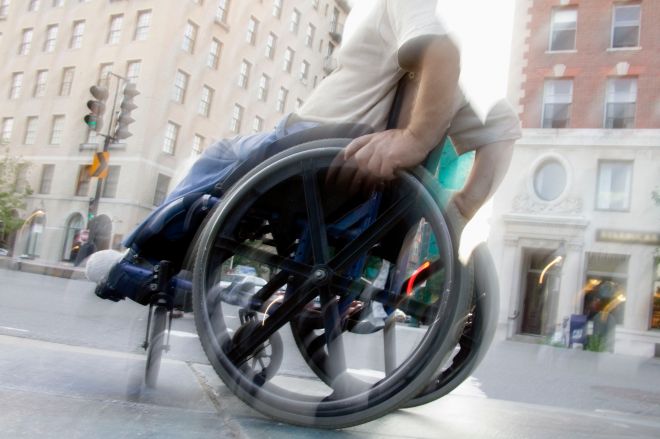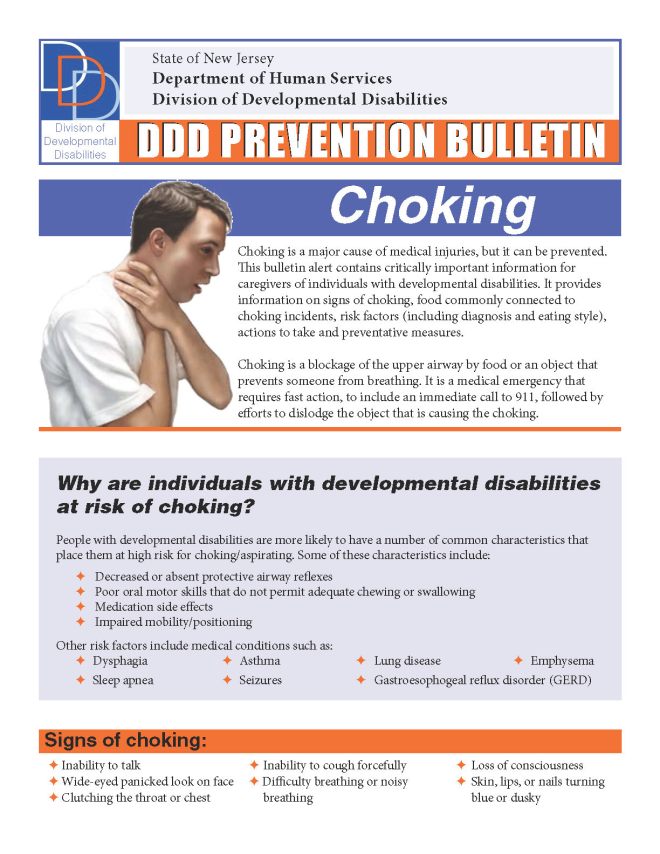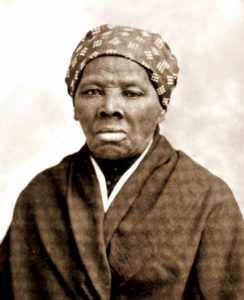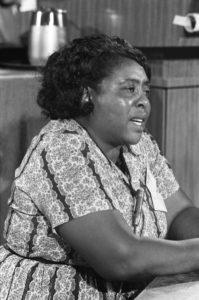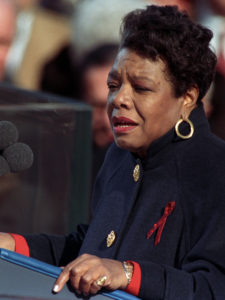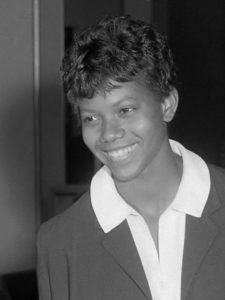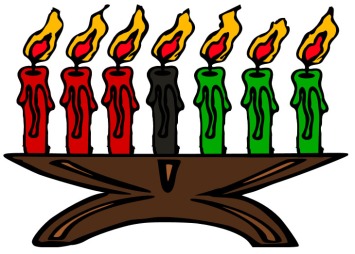
Things, er, people to be thankful for. After all, in the disability community, it is really the people in our lives who make all the difference.
Yes, there are things when we think about assistive technology, for example. There are custom-designed wheelchairs, handy smartphone apps, braille keyboards, communication devices…. However, it is the people behind these wonderful products who matter most – the people who design and build them, the assistive technology specialists who work with people of all disabilities to find the right device and counsel how to use it.
So, yes, it’s mostly about people. And, on Thanksgiving, most of us spend time with family. So, that is where we will start. In most cases, it is family members who are the primary caregivers. Caring for a son or daughter, mother or father, brother or sister, or grandparent with a disability is a round-the-clock responsibility family members undertake with the strongest sense of love. We, at Advancing Opportunities, give thanks to all our wonderful families.
Families, however, occasionally need a well-deserved break. Many are thankful for family support services personnel – respite workers and the like. In, addition, the individuals themselves receive the gift of socializing with their peers, often in community settings.
And there are individuals with all disabilities in community residential homes. The residential support professionals provide care with uncompromising dedication round the clock. Some are working right now, as you are reading this.
There are so many other people who make life better for individuals with disabilities. Teachers and other educational professionals and assistants, for example. Many people work behind the scenes, performing managerial and clerical work to make it all happen. Let us not forget the generosity of the many benefactors, individual and corporate, who make it all happen.
For all these people – you – we are thankful!

